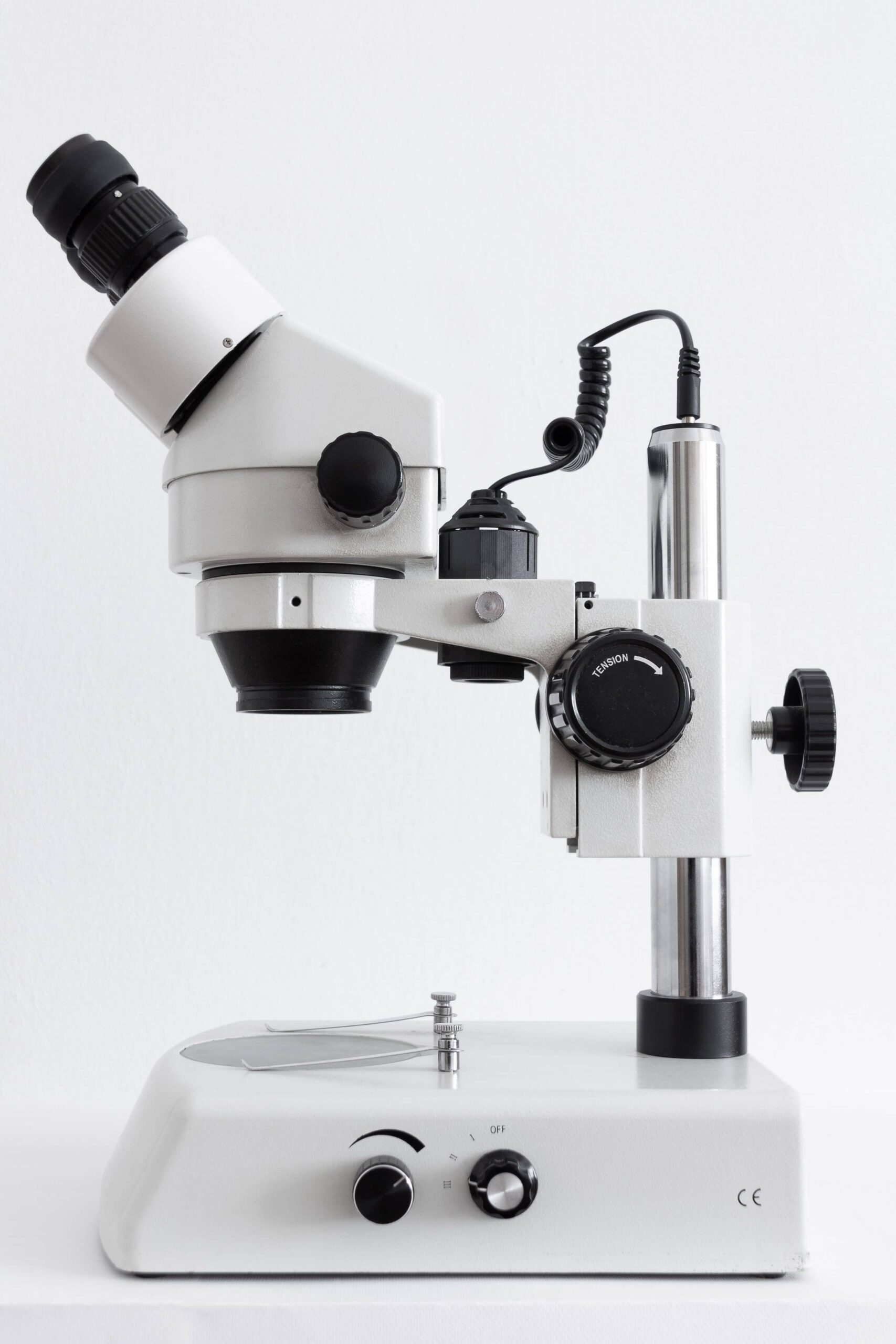Cancer can affect anybody irrespective of age or background. Nonetheless, it is shown that some families can be at greater risk of some cancers than others. Gene mutations can be hereditary, which can increase the threat levels. Therefore, genetic testing for cancer is an important element of fighting back against the disease.
Here’s all you need to know about genetic testing for cancer risk, including which cancers are covered by this testing, the types of genetic tests available, and what to expect from a test.
Why use Genetic Testing for Cancer?
Genetic testing for cancer doesn’t cure cancer. In fact, it doesn’t even necessarily always detect the symptoms. It is genetic testing for cancer treatment. Because spotting that you carry a mutated gene can help point a patient towards getting physical testing —such as colonoscopy. Knowing you’re at risk can allow testing that can prevent at-risk cancers from becoming a risk.
Whether it’s a risk of breast cancer or another form of the illness, early identification and treatment will offer the best chance at beating the disease. For this reason alone, the importance of genetic testing should be clear for all – especially for those with increased risk due to losing a family member to cancer in the past Inherited cancer as some of the more common forms of cancer, especially in the case of breast cancers.
Here are some common health care reasons to consider genetic testing:
- You have several first-degree family members who have had cancer (ie, Mother, father, siblings, children)
- A close family member has had more than one type of cancer
- One side of your family has had many cases of the same cancer
- Cluster Cancers in your family (it a gene mutation that can cause many different kinds of cancer)
- Younger family members that have had cancer normally linked to people of an older age
- A family member with a rare cancer
- If a physical sign of cancer is found and it’s linked to an inherited cancer
- If your ethnicity has been linked to certain forms of cancer
Those that do not have a family history of cancer are at low risk, but can still consider testing if they’re concerned. Inherited genetic cancer does not necessarily come from just the last few generations of your family.
Types of Cancer Found by Genetic Testing
Genetic testing cannot be used to identify potentially problematic genes for all types of cancer. However, the list is fairly extensive, and includes;
- Breast cancer
- Bowel cancer
- Ovarian cancer
- Womb cancer
- Prostate cancer
- Kidney cancer
- Melanoma skin cancer
- Pancreatic cancer
- Thyroid cancer
- Retinoblastoma
So while genetic testing doesn’t cover every type of cancer, it covers many of the common strands, including those that carry higher death rates.
Meet with a genetic testing facility to discuss your options for genetic counseling and testing. Most health insurances will provide a list of doctors for genetic screening as health insurance greatly appreciate the preventative measures genetic testing results can produce.
Genetic testing for Rare Cancer
One of the best lines of defense against rare cancers is genetic testing. If a close relative has recently found a link to a rare hereditary cancer, such as endometrial cancer, testing right away may prevent any future damage that cancer can cause to you. Rare genetic mutations can include male breast cancer and retinoblastoma; both of which are discoverable through genetic testing.
How Genetic Test is Conducted
The genetic tests are completed via blood tests and NVSCC happens to be one of the best of genetic cancer testing clinics in Las Vegas. If a relative has been diagnosed with cancer, a hereditary cancer test, via a blood test, can check to see if they have a mutated gene. If the blood test comes back positive, it could be hereditary. After hereditary findings, you will be advised to another test to discover whether you carry the same gene.
However, individual testing of your genes can still happen. Test results are available within a few short weeks. It’s important to remember, though, that even a positive result doesn’t mean that you have cancer or that you’ll ever get it in the future. It merely confirms that you are at a potentially higher risk.
In this case, you can take control of the situation with further testing. This will allow you to spot any symptoms at the earliest stage, giving you the best chance of overcoming them. For peace of mind as well as your ongoing health care, testing for cancer gene mutations is vital.
Genetic Counseling
Counseling before and after genetic testing for cancer is essential to preparing yourself for testing and sorting through what is found via the testing. Genetic counseling usually covers the following:
- Possible known risks based on strong family history
- Discussion of appropriate testing due to family history
- Emotional and psychological responses to test results
- Possibility of test not being yielding proper results
- Medical implications of the results
- Risk factors for passing on gene mutation to children
- Impact of testing on family
- Best tests to perform after the results
These are all important factors to discuss with a counselor to be prepared for all aspects of genetic testing. Not only can testing provides preventative care, but it can also be stressful knowledge that can lead to anxiety. However, the overall result can help not only yourself but your loved ones and future loved ones.
Schedule your genetic testing with NVSCC
Genetic testing for cancer and counseling at Nevada Surgery & Cancer Care is very affordable while our quick turnarounds and clarity throughout the process make our services the best on the market. If you fear that you may be prone to hereditary cancer, take the first step to find out by booking an appointment today.

